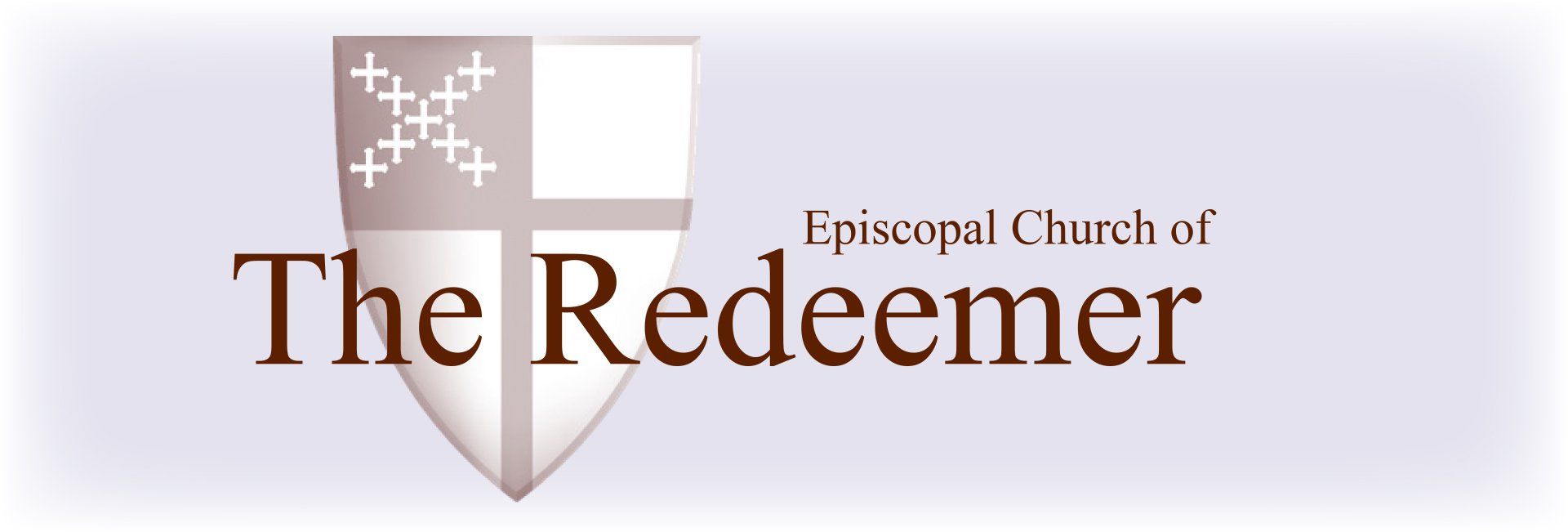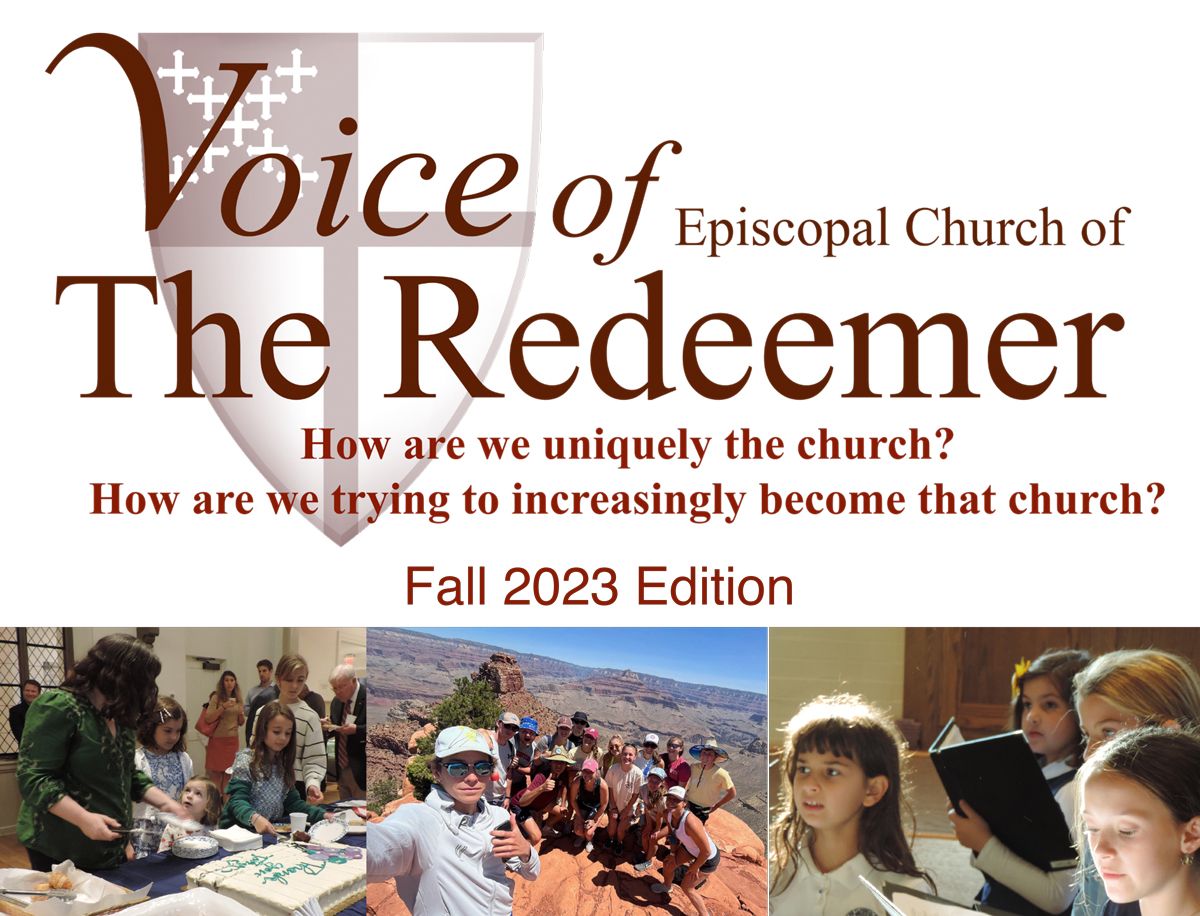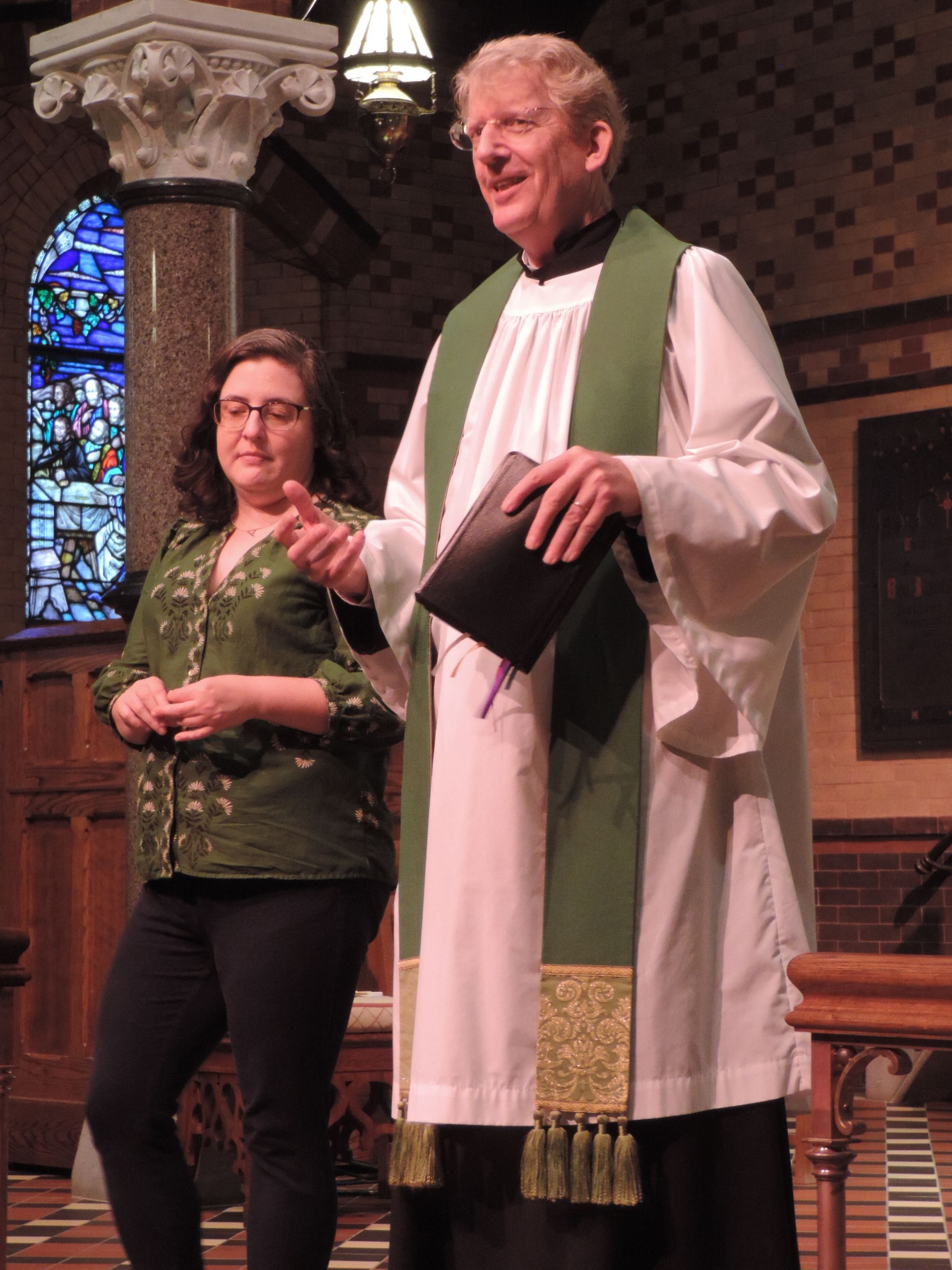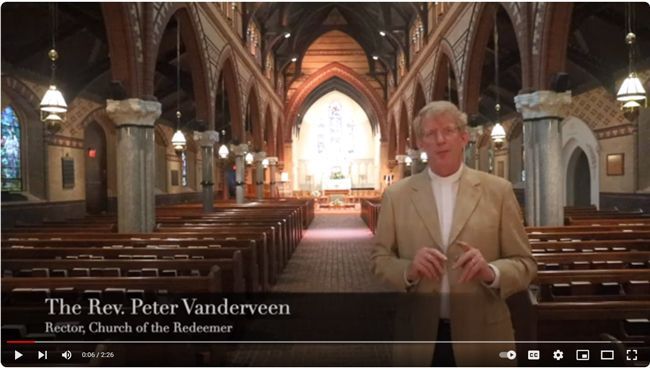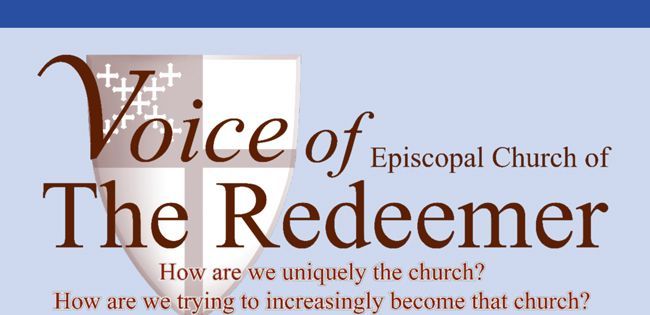Here’s a question that’s best answered without pausing to think. Let your response be more like a reflex. —Is the Christian faith essentially constraining or is it liberating?
My guess is that most would say that Christianity is a narrow way. It’s a discipline in search of a reward. God has made salvation possible, but it’s our responsibility to earn it. This can be done principally by confessing Jesus as Lord — the great evangelical cause. And, if Jesus is so recognized, then what follows is our obedience to what Jesus commanded. Christianity realigns our lives by impressing on us the fundamental importance of doing what is right in God’s eyes. It is the constant work of choosing this rather than that. Faith involves the continual discernment of what is singularly good, over against the many, many ways of lapsing into what is corrupt or denigrating or just downright evil. And, correspondingly, Sunday — the Sabbath — is an obligation, and the goal of worship is instruction, and, over time, the value of faith is that it can help us become better people: all with the hope that God will eventually judge us favorably.
For many who don’t identify as Christians this is also the view they have, but with a decidedly negative twist. The disciplines of Christianity are for them a suffocating set of doctrines that squeeze the joy out of life. It is commonly trusted that people don’t need the threat of God as a judge to prompt them to choose the right over the wrong. They certainly don’t need to be scolded as a means to improvement. And Sundays are better spent doing other things. This perspective makes Christianity a hard sell.
There’s certainly much in the Bible that could be used to support this view, and it’s been part of the tradition since the Church’s inception. A lot of baggage accumulates in two thousand years. But it can also be argued that Christian faith arose as the very antithesis to the constraints of the faith in Jesus’ time. Jesus saved his harshest criticisms for the religious authorities who insisted on strict adherence to the law. He wondered at their lack of mercy or even the merest understanding of human frailty and division. His intent was to fulfill the law, not by keeping it, but by overturning it. The law can only show us who we are rather than how we should be or act. And what it shows is that we are deeply mired in conflicts from which we cannot extricate ourselves. And there is no discipline available to us that can undo our many failures, no matter how valiant our efforts. So what is needed isn’t the authoritative arm of constraint; what’s needed is wholly different. What’s needed is redemption, the kind of redemption that overrides judgment. And on this we should be clear: the very essence of redemption is getting something that we don’t deserve.
Redemption, of course, means nothing if we aren’t already aware of how we have fallen short. The law serves a purpose, but it’s not an end in itself. It’s the means by which we can discover, repeatedly, how God chooses to be preferential to us. For redemption is God’s declaration that we are even more important than the full summation of all our wrongs. Even our greatest evil can’t remove us from God’s grace. Jesus’ only lasting word to his disciples — and thus to all who would come after him — was peace. He announced it without conditions. He said it is given, by God, without any requirement on our part to be found worthy of it. It is the gift at the core of our lives, more central that any responsibility. And thus, the Christian faith is, first and always, an exuberant expression of gift — more than can be measured, more than can be imagined. And the Sabbath isn’t an onus; it’s our celebration of our liberation from all that diminishes us. It’s our acknowledgement that God has chosen to express his glory in and through us. The liturgy is never meant to be dour; it’s ecstatic — and a far cry from instruction alone.
Is this, however, how the church is understood by those who only look at us from a distance? Do they see in us the full depth and breadth of a joy that passes all understanding? What might be different if they did? More to the point, what might be different if we were fully convinced that the church simply makes life more abundant and enthralling and beautifully mysterious?
So much of what we do in all our programming is actually turned toward this end, whether in music or formation or the creation of community in fellowship, both within the parish and with those who would otherwise be strangers. Faith isn’t a duty; it’s more a fascination with the countless ways that good and God are present to us and in us. And if this is the case, wouldn’t it make sense to be unabashed in inviting others to experience the same joy?

